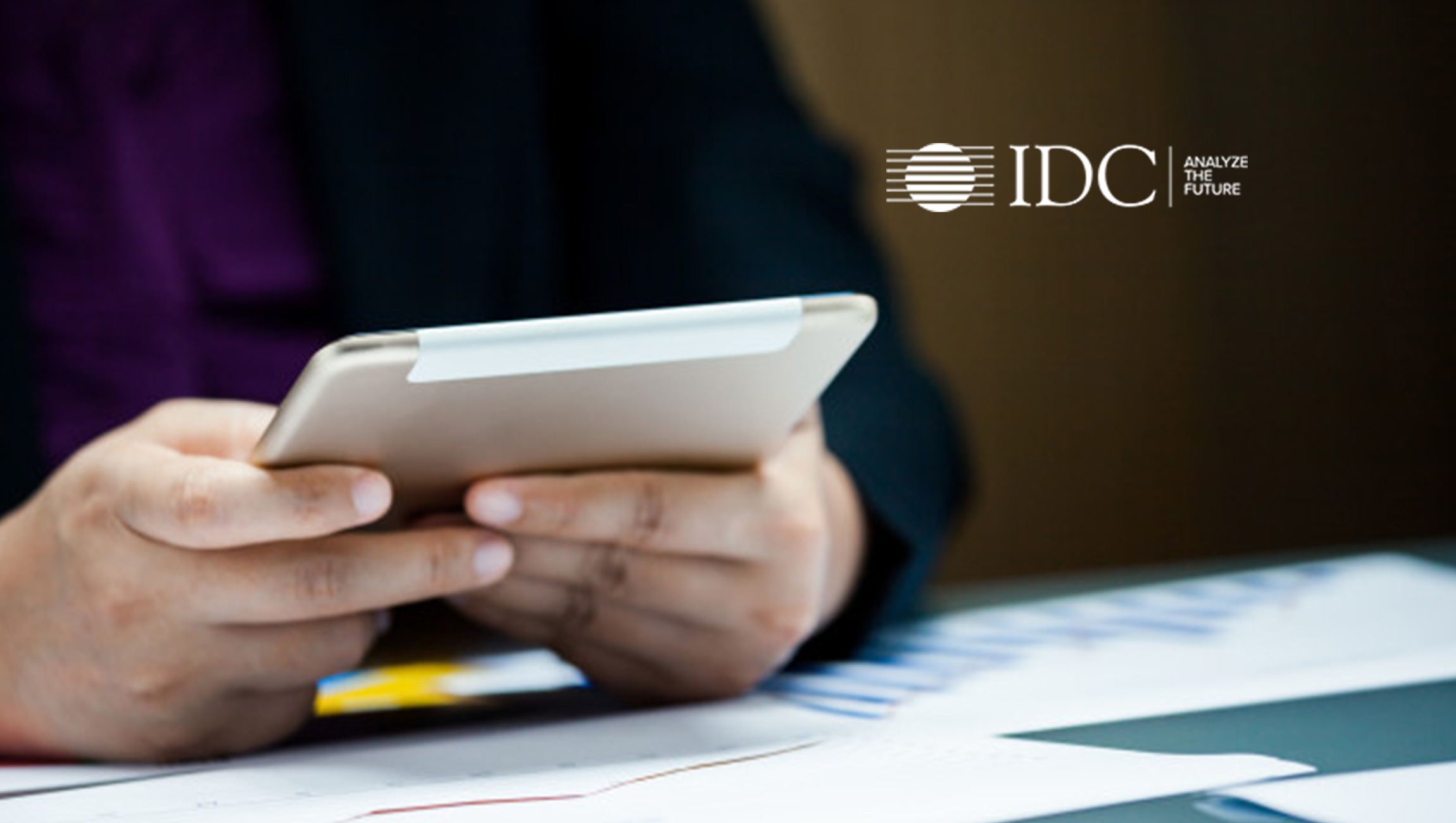Consumer spending on technology is forecast to reach $1.69 trillion in 2019, an increase of 5.3% over 2018. According to the latest Worldwide Semiannual Connected Consumer Spending Guide from International Data Corporation (IDC), consumer purchases of traditional and emerging technologies will remain strong over the 2019-2023 forecast period, reaching $2.06 trillion in 2023 with a five-year compound annual growth rate (CAGR) of 5.1%.
Consumer spending on technology is forecast to reach $1.69 trillion in 2019, an increase of 5.3% over 2018, according to the IDC Worldwide Semiannual Connected Consumer Spending Guide.
Roughly three quarters of all consumer technology spending in 2019 will be for traditional technologies. Mobile telecom services (voice and data) will account for more than half of this amount throughout the forecast, followed by mobile phones and personal computing devices. Spending growth for traditional technologies will be relatively slow with a CAGR of 2.2% over the forecast period.
Emerging technologies, including AR/VR headsets, drones, on-demand services, robotic systems, smart home devices, and wearables, will deliver strong growth with a five-year CAGR of 13.2%. This growth will enable emerging technologies to capture nearly a third of consumer spending by 2023. Smart home devices and on-demand services will account for roughly 90% of emerging technologies spending.
Marketing Technology News: Melissa Adds Simplified Matching to Unison Enterprise Data Quality Platform
“Advances in technology continue to drive what ‘convenience’ means today and in the future for connected consumers. Ranging from consumer robots for household cleaning and maintenance to smart lighting or home security/monitoring systems, connected consumers are adopting these solutions in their homes and everyday lives as they go through their own digital transformation,” said Stacey Soohoo, research manager with IDC’s Customer Insights & Analysis group.
“Meanwhile, companies are exploring new opportunities to interact with their consumers, finding the right mix of personalization and functionality to provide frictionless experiences,” continued Soohoo. “Technology providers are also blending digital and physical experiences, and this includes an evolving area and new addition to IDC’s Worldwide Semiannual Connected Consumer Spending Guide: on-demand services. On-demand services enable access to networks, marketplaces, content, and other resources in the form of subscription-based services and includes services like Netflix, Hulu, Spotify and others. As connected consumers juggle multiple services across their devices, it is essential for technology providers to understand how the adoption of these various technologies and services will impact their consumer’s experience in the future.”
Communication and entertainment will be the two largest use case categories for consumer technology, representing more than 70% of all spending throughout the forecast. More than half of all communication spending will go toward traditional voice and messaging services. Entertainment spending will be dominated by watching or downloading TV, videos and movies, as well as listening to music and downloading and playing online games. The use cases that will see the fastest spending growth over the forecast period are augmented reality games (136.3% CAGR) and virtual reality video/feature viewing (47.3% CAGR).
Marketing Technology News: Why GDPR Changes Everything…for the Better
“That consumers are connected through a myriad of devices is a given, but IDC’s Connected Consumer Spending Guide reveals what kinds of applications and experiences they are spending their money on while using a device,” said Ramon T. Llamas, research director, Devices and Displays at IDC. “Communication and entertainment have long been the mainstays among consumers and will hold the leading positions throughout the forecast. Beyond them is a long list of emerging use cases whose spend will outpace the rest of the market, including augmented reality, virtual reality, and home automation. These highlight the direction that consumers are going and players throughout the ecosystem should plan ahead to capture this expected rise in demand.”
The United States will be the largest geographic market with consumer technology spending forecast to reach $412 billion in 2019, up 5.5% over 2018. China will be the second largest market in 2019 with spending expected to reach $328 billion followed by Western Europe at $227 billion. Mobile telecom services and mobile phones will be the two largest categories in all three regions. China will also see the fastest spending growth with a five-year CAGR of 6.8%.
The Worldwide Semiannual Connected Consumer Spending Guide quantifies consumer spending for 22 technologies in ten categories across nine geographic regions. The guide also provides spending details for 23 consumer use cases. Unlike any other research in the industry, the Connected Consumer Spending Guide was designed to help business and IT decision makers to better understand the scope and direction of consumer investments in technology over the next five years.
Marketing Technology News: Interview with Joelle Kaufman, CMO and Chief Revenue Officer at Dynamic Signal











